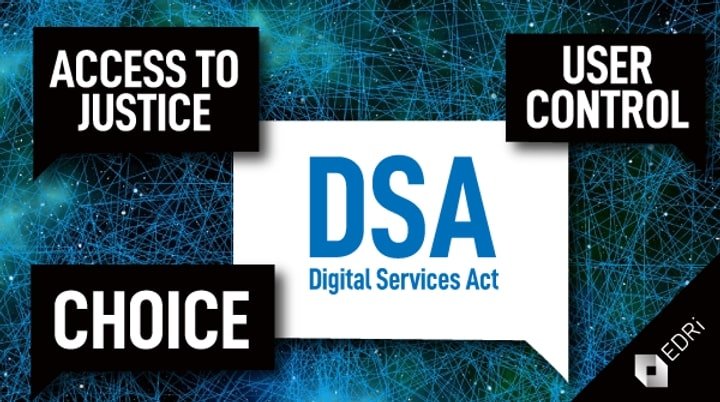
Digital Services Act on the horizon for end of 2020
In March 2020 The European Commission launched a public consultation on a proposed new Digital Services Act package, which could have significant implications for online operators and all those impacted by their activities. The consultation internet regulation, which is open until 8 September 2020, covers a wide range of issues including online harms, online advertising, online competition, smart contracts, and governance. A key part of the consultation and subsequent legislative process will be a review of the current limitations of liability enjoyed by online intermediaries for user-generated content and the need for increased regulation for large gatekeeper platforms.
The EU Commission is set to announce the Digital Services Act 2020 later this year in order to 'better regulate the internet'. Yes, you read that right, and no, it actually isn't ridiculous. For those of you that have never given the topic much thought, this isn't that shocking.
The legal framework for digital services has been unchanged since the adoption of thee-Commerce Directive in the year 2000. Ever since, this Directive has been the foundational cornerstone for regulating digital services in the European Union. Alongside the EU GDPR (General Data Protection Regulation), this e-Commerce Directive has successfully regulated the internet for over twenty years, but the ever-changing nature of modern technology means there are more stringent measures required. With the aim of strengthening the market for digital services and harbouring innovation and competitiveness online, the new Act will replace the e-Commerce Directive 2000.
The new internet regulation Act attempts to protect users from misinformation, hate speech and aims to ‘level the playing field’ of power for tech companies. The scope of the Act and its basis will no doubt provoke some heated conversation, particularly since social media platforms have commenced "fact checking" posts (whatever your view of the Minority Report style direction of the world).
To enable broader reform, the EU Commission has addressed a need to modernise the existing Directive. There are two main targets for the Act:
1. Clear rules and responsibilities of digital services to address the risks faced by users and protect their user rights by:
2. Keep ‘ex ante rules’ to ensure large online platforms acting as gatekeepers remain fair and contestable for small businesses, new entrants and start-ups by:
Supposedly, by increasing the liability and safety rules for digital platforms, services and products means giving greater choice to users. Apparently it should also boost innovation.
Just as the EU GDPR applies to entities, minds must also be turned to the new internet regulations and what it will mean for businesses online.
The prospects of the Digital Services Act mean businesses should consider:
Watch this space for updates regarding internet regulation and how it will actually affect Australian businesses.
If you would like to speak to someone about content publishing, cyber security, or the potential for the Digital Services Act to apply to you, you can contact us here.
Book your one-hour strategy session, online or in-office, for personalised legal advice tailored to your situation.
Fixed fee: $550 (incl. GST).
Send us a message using the form below.